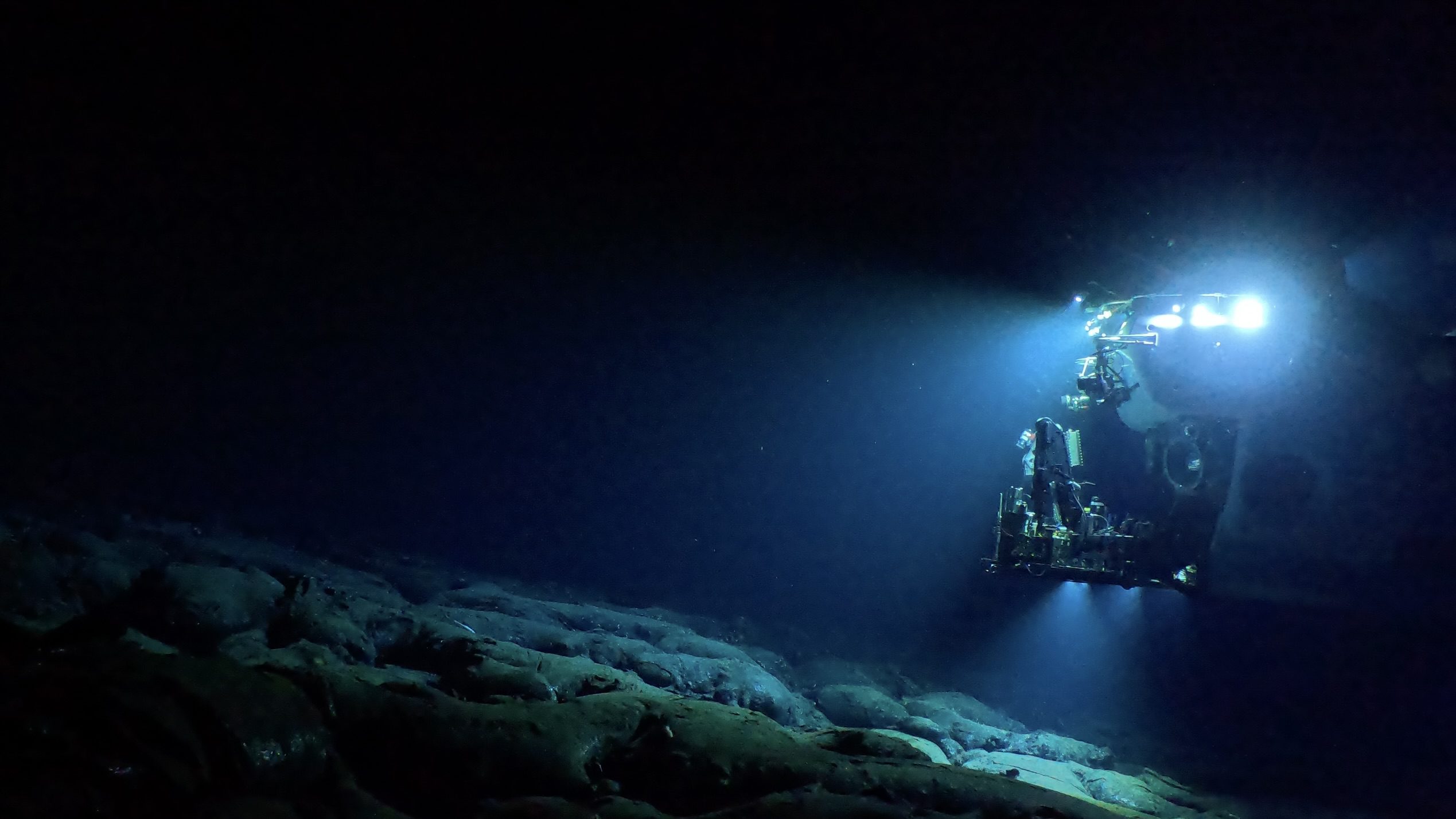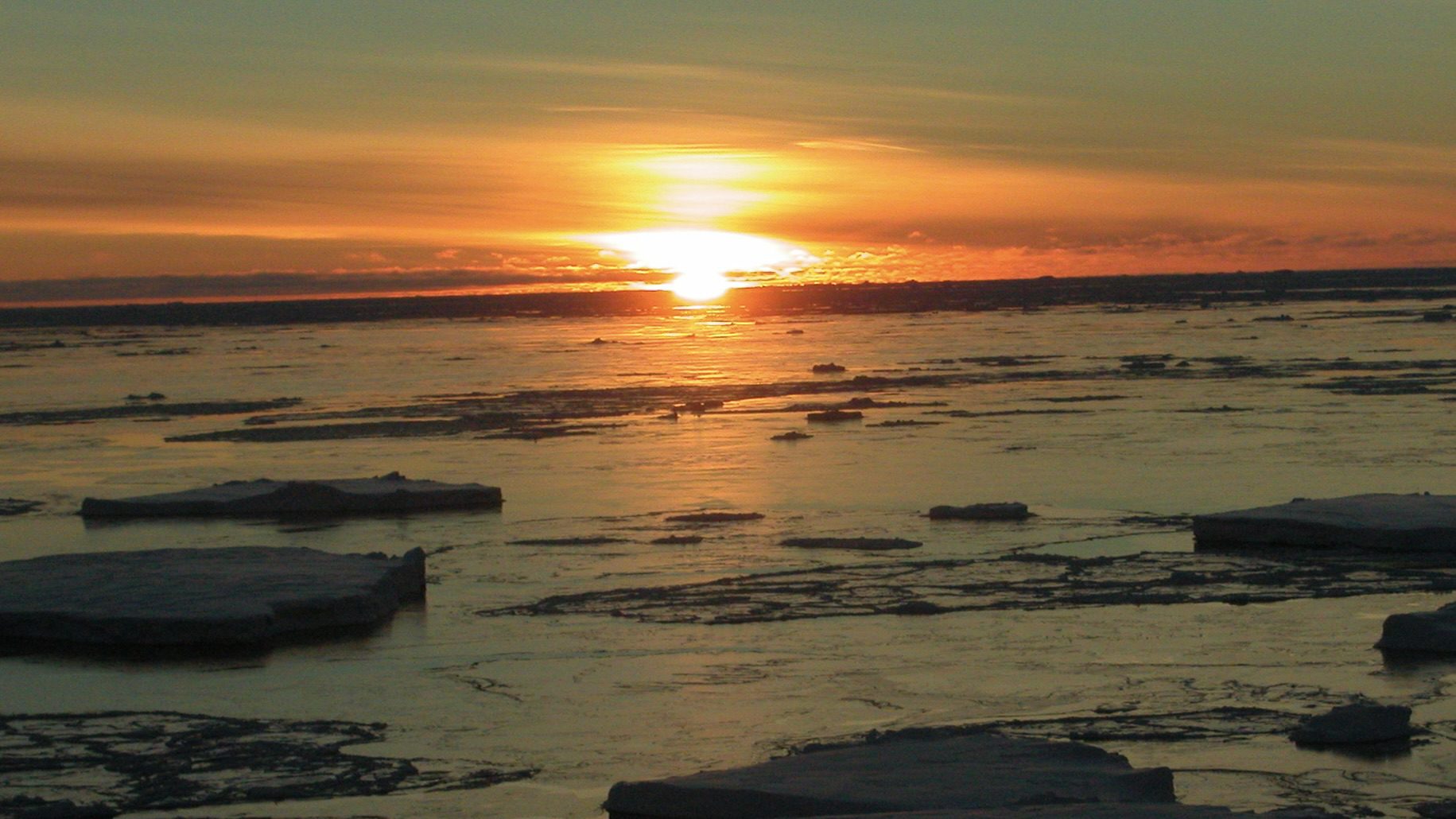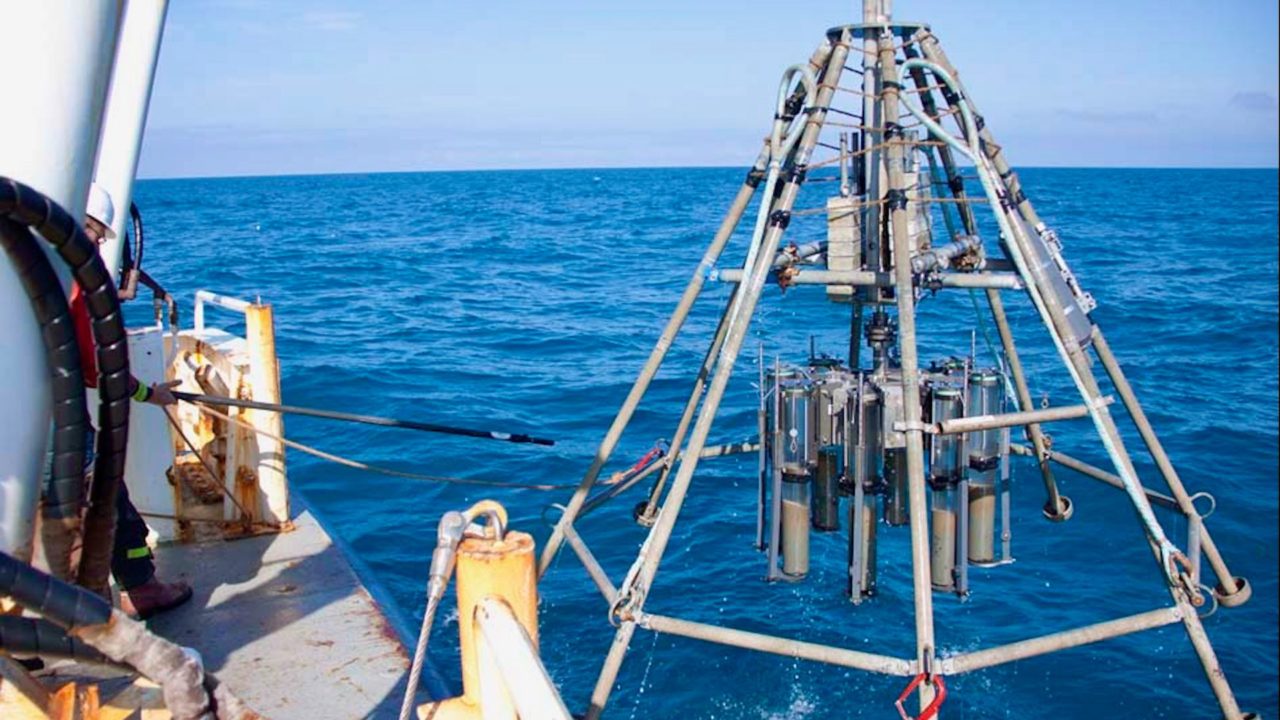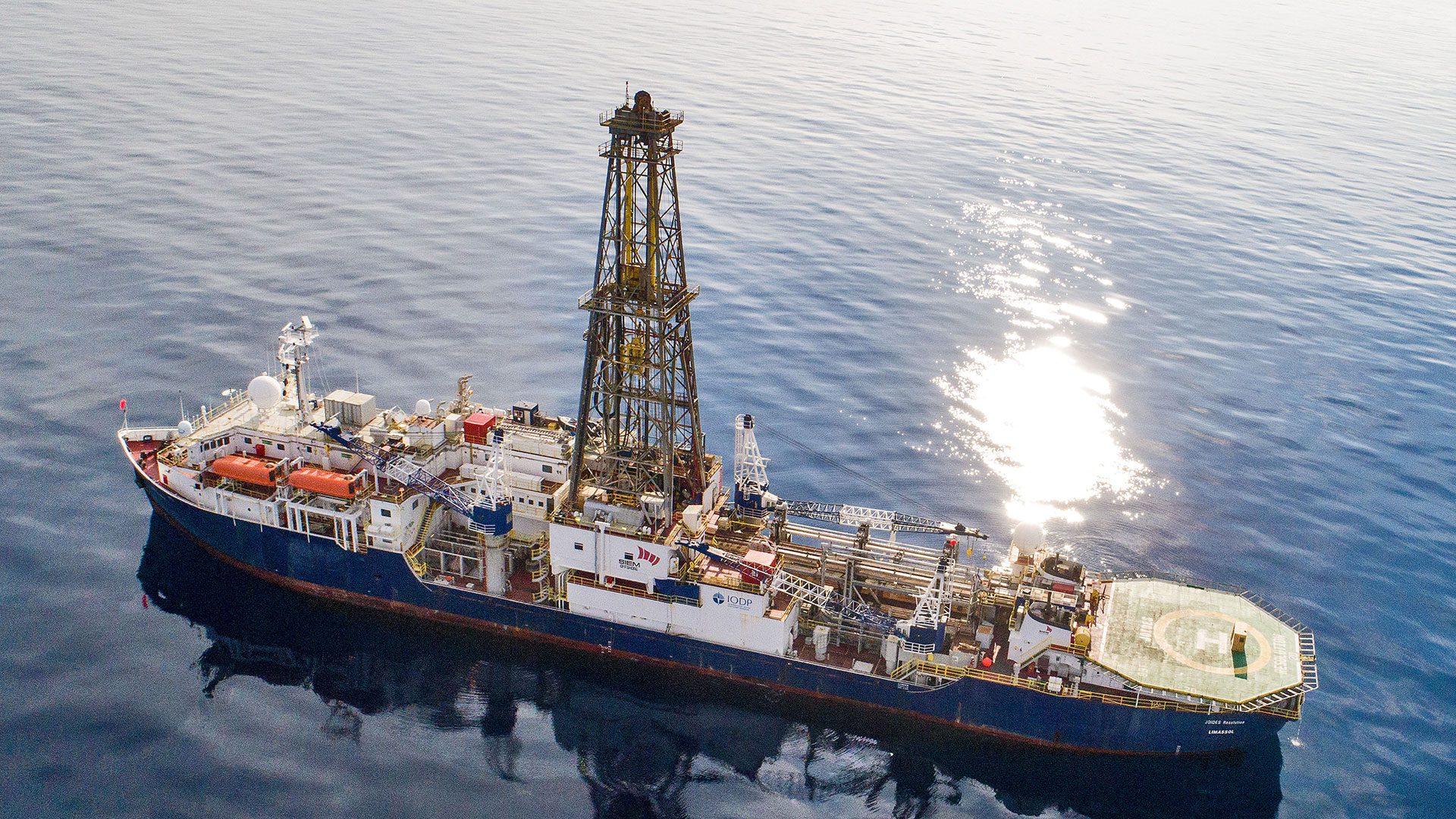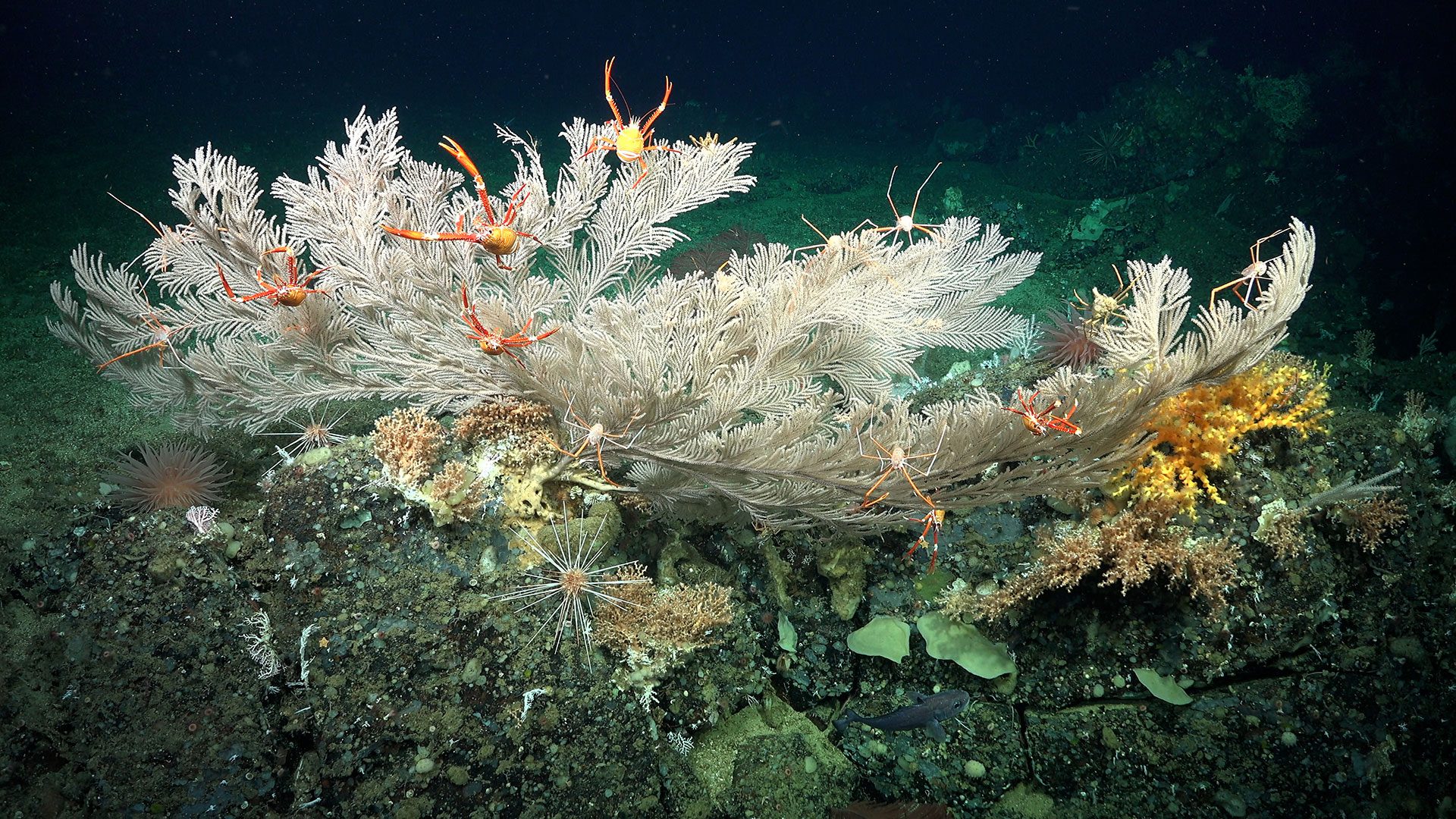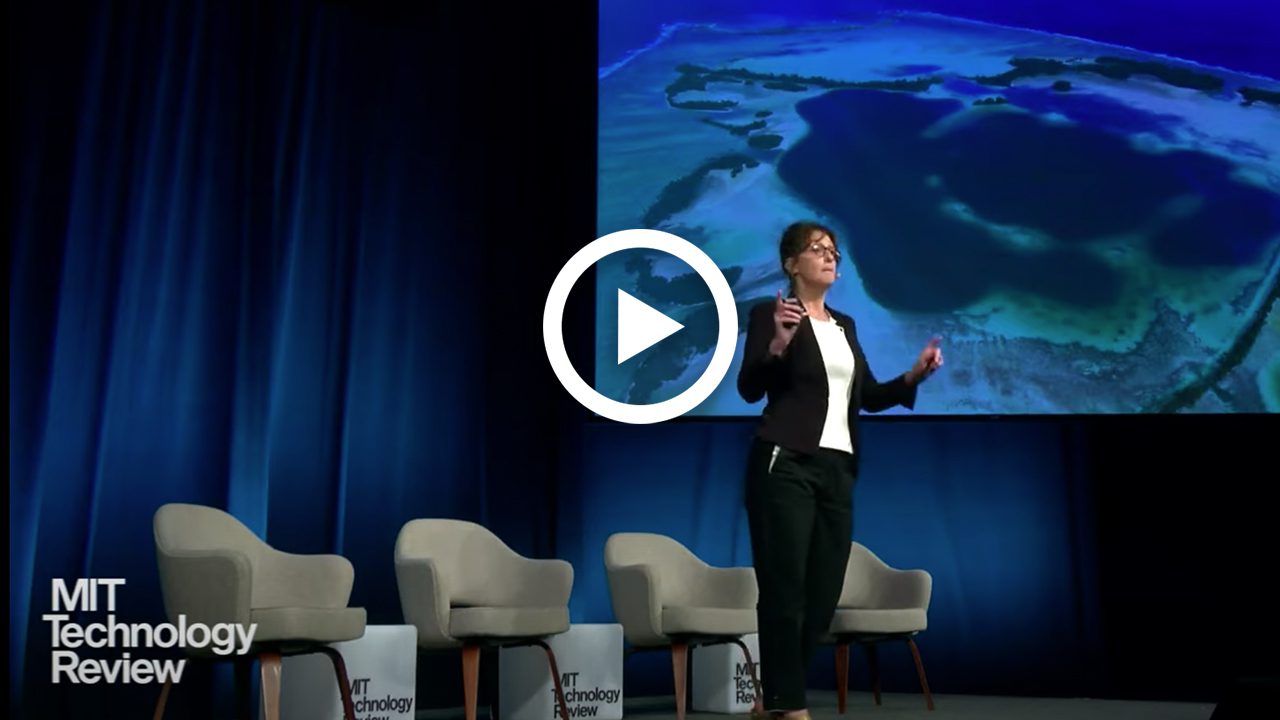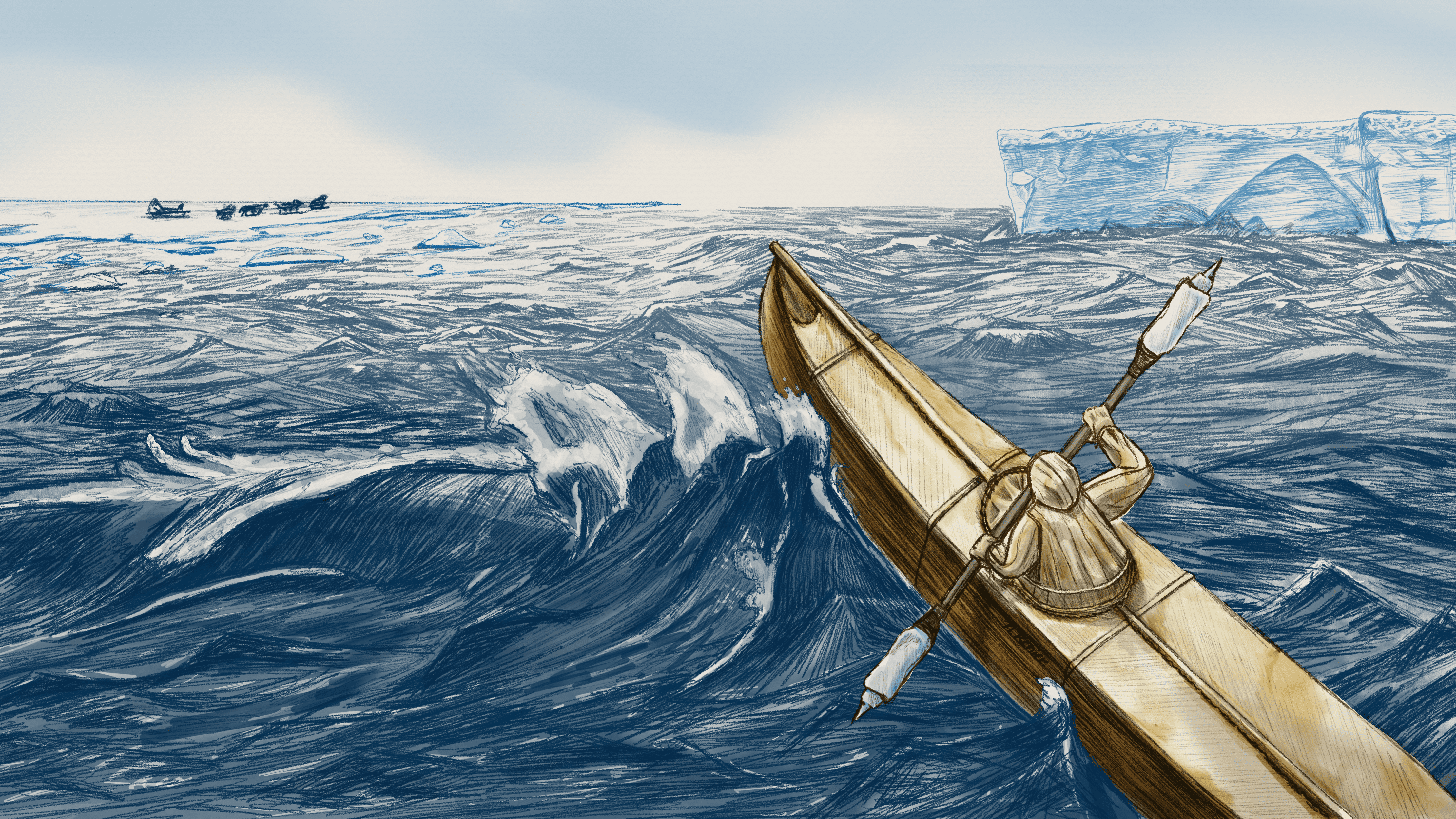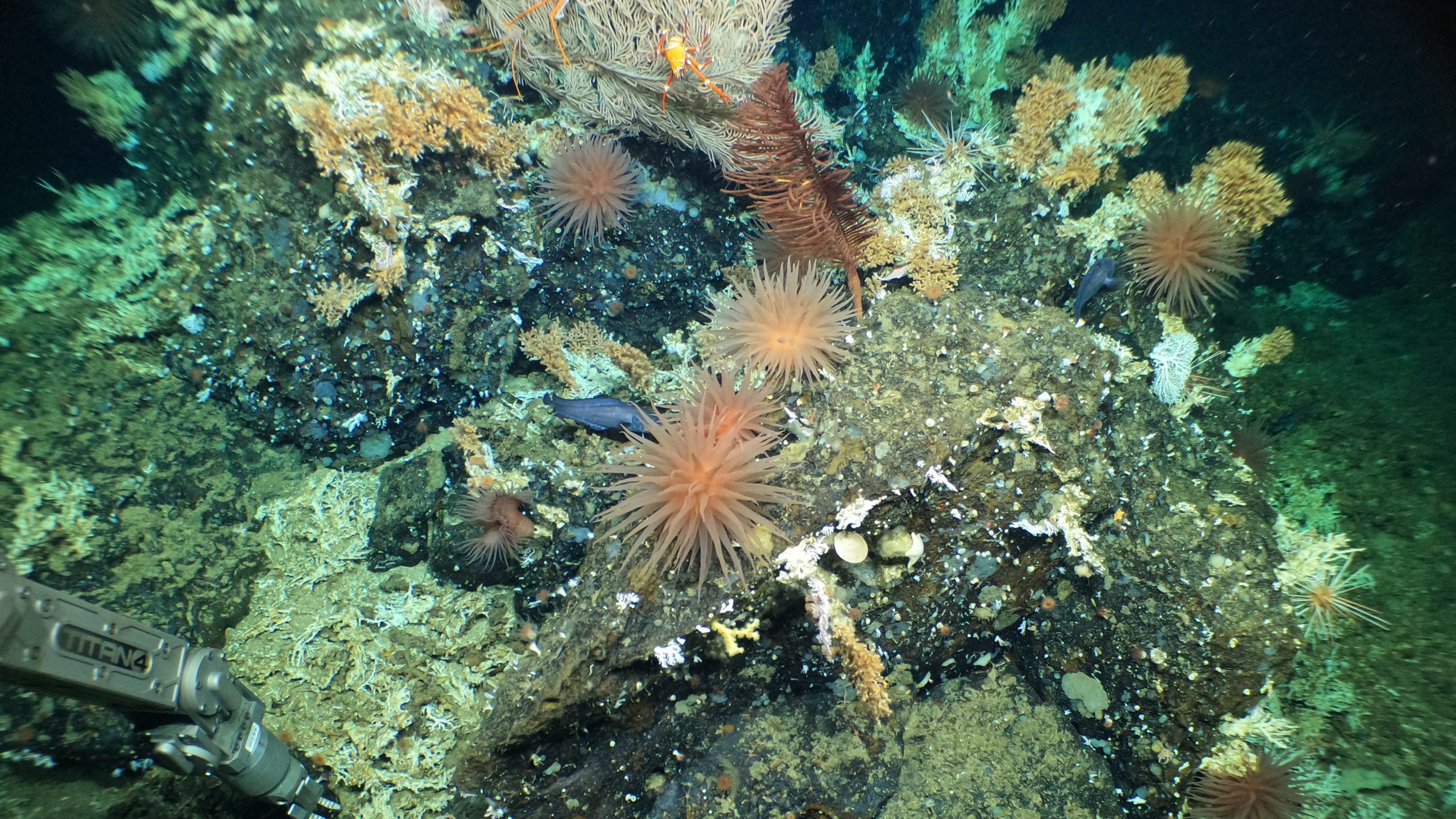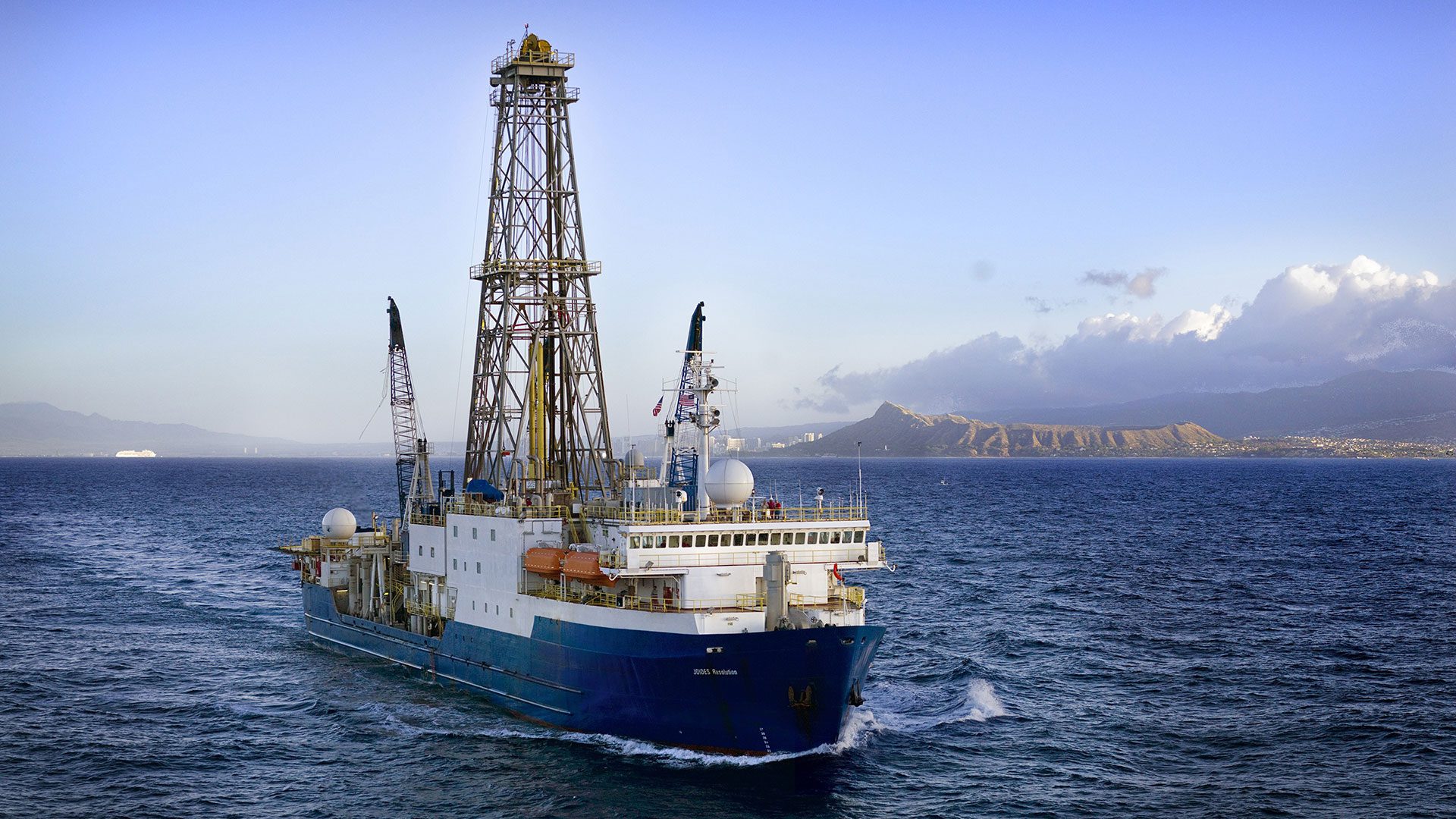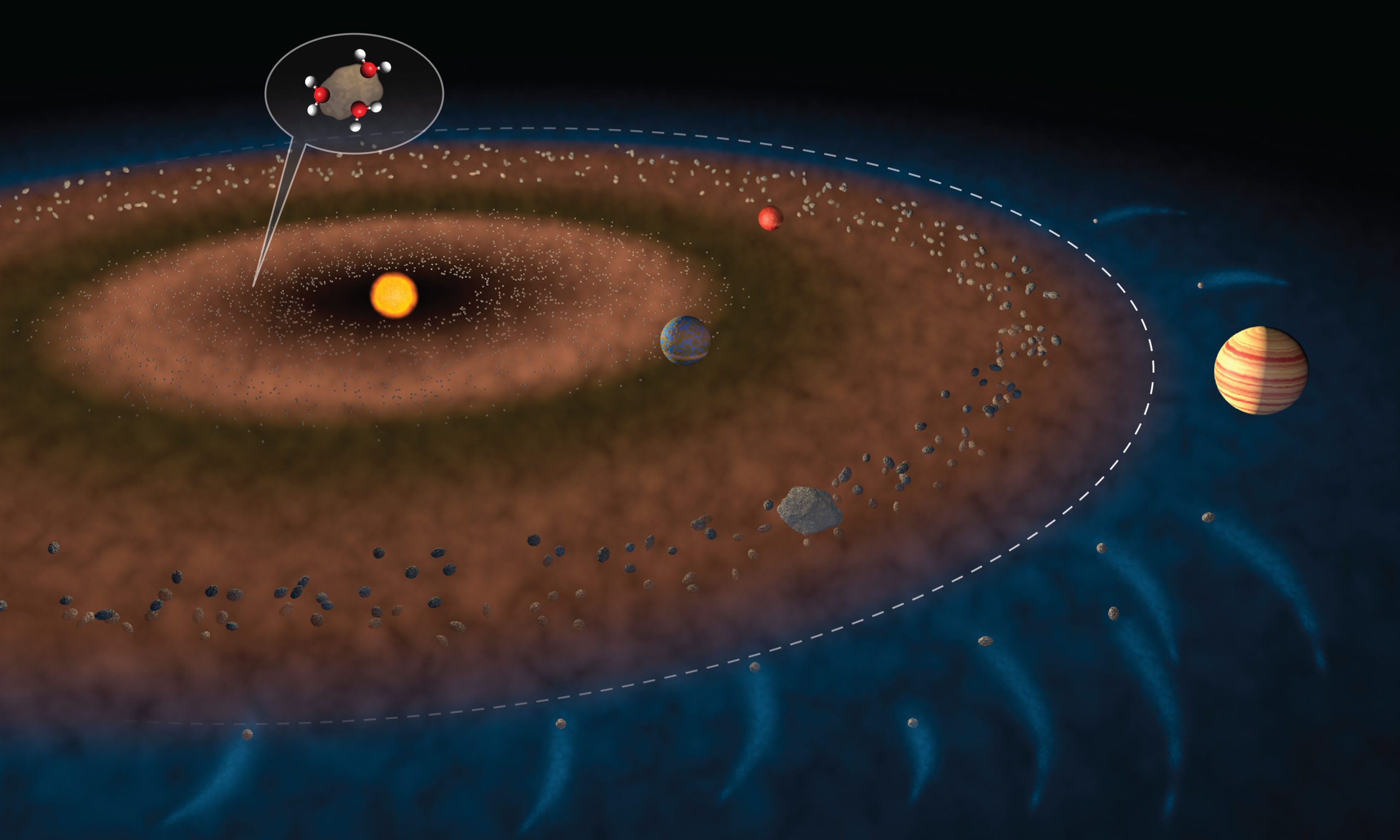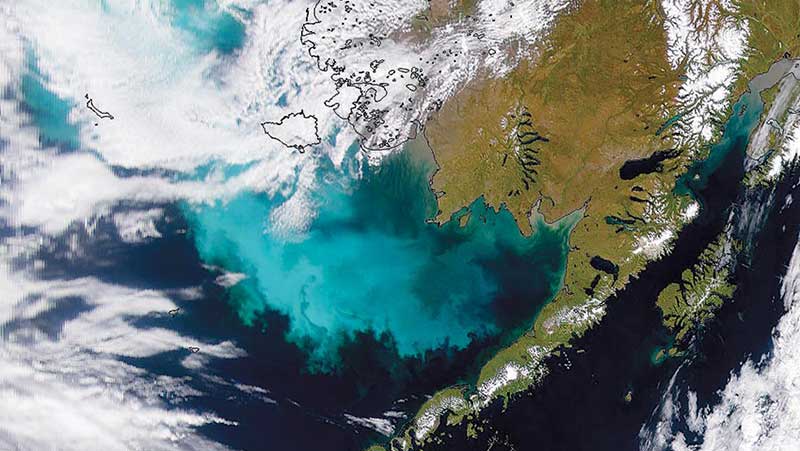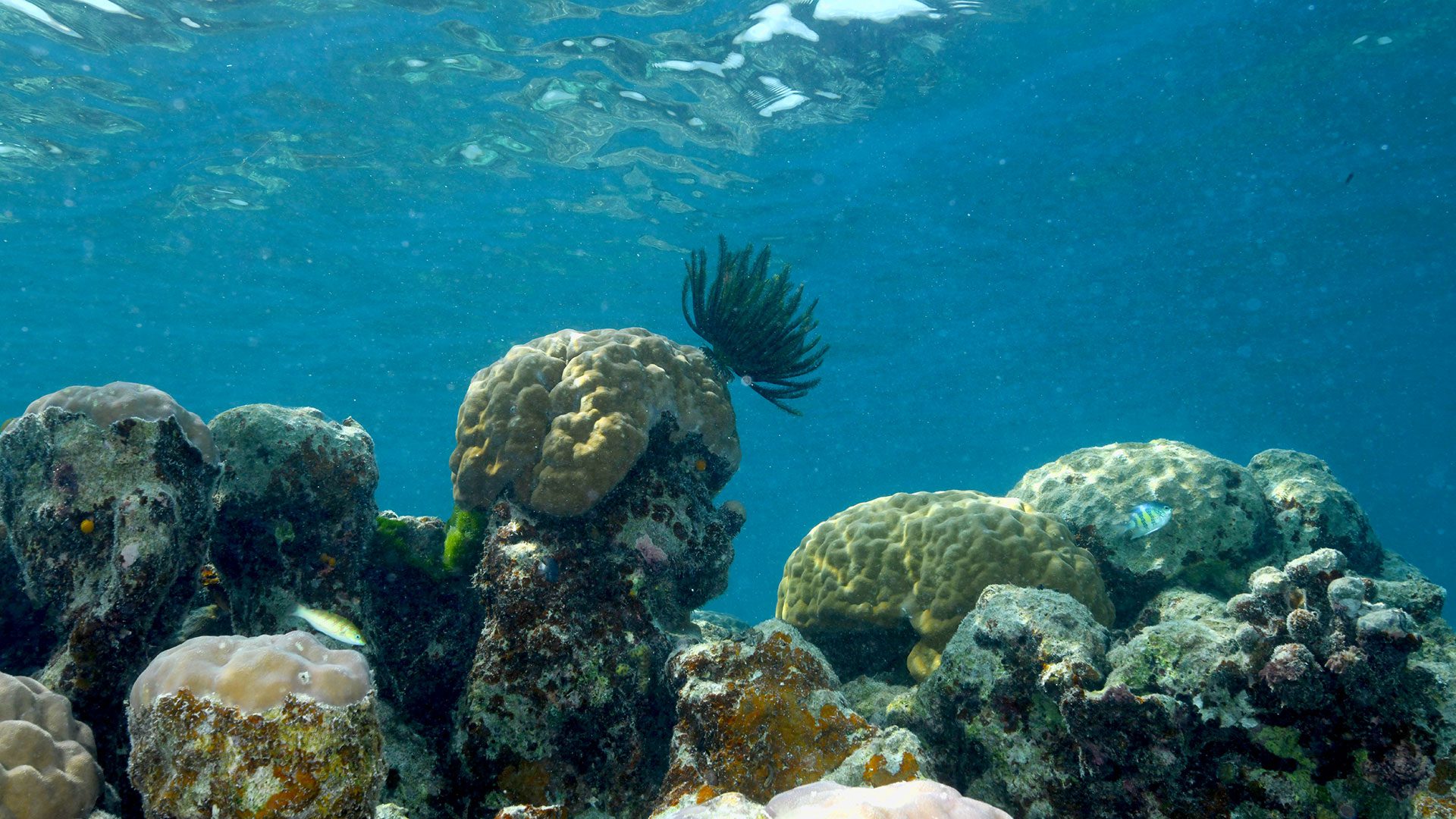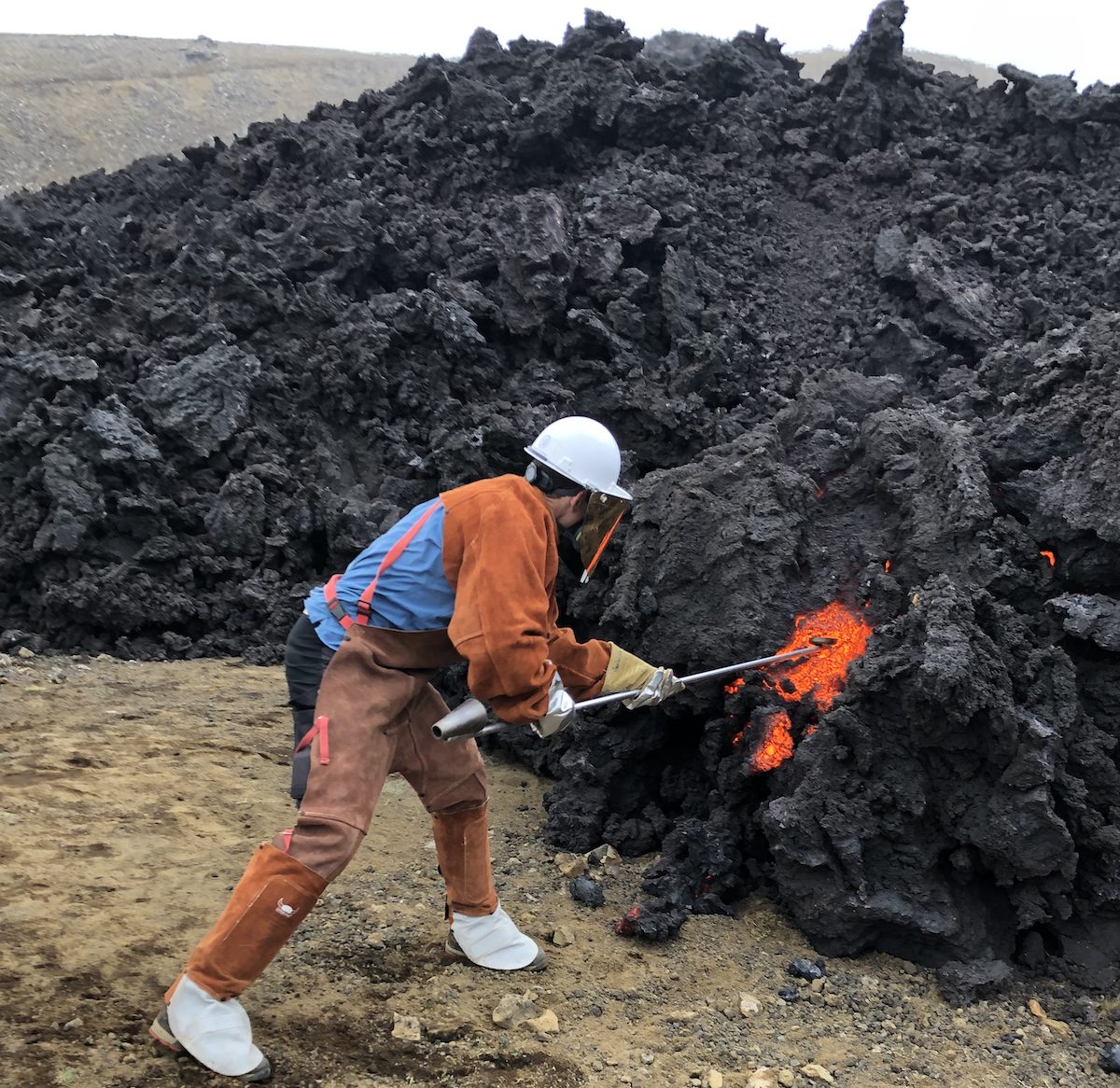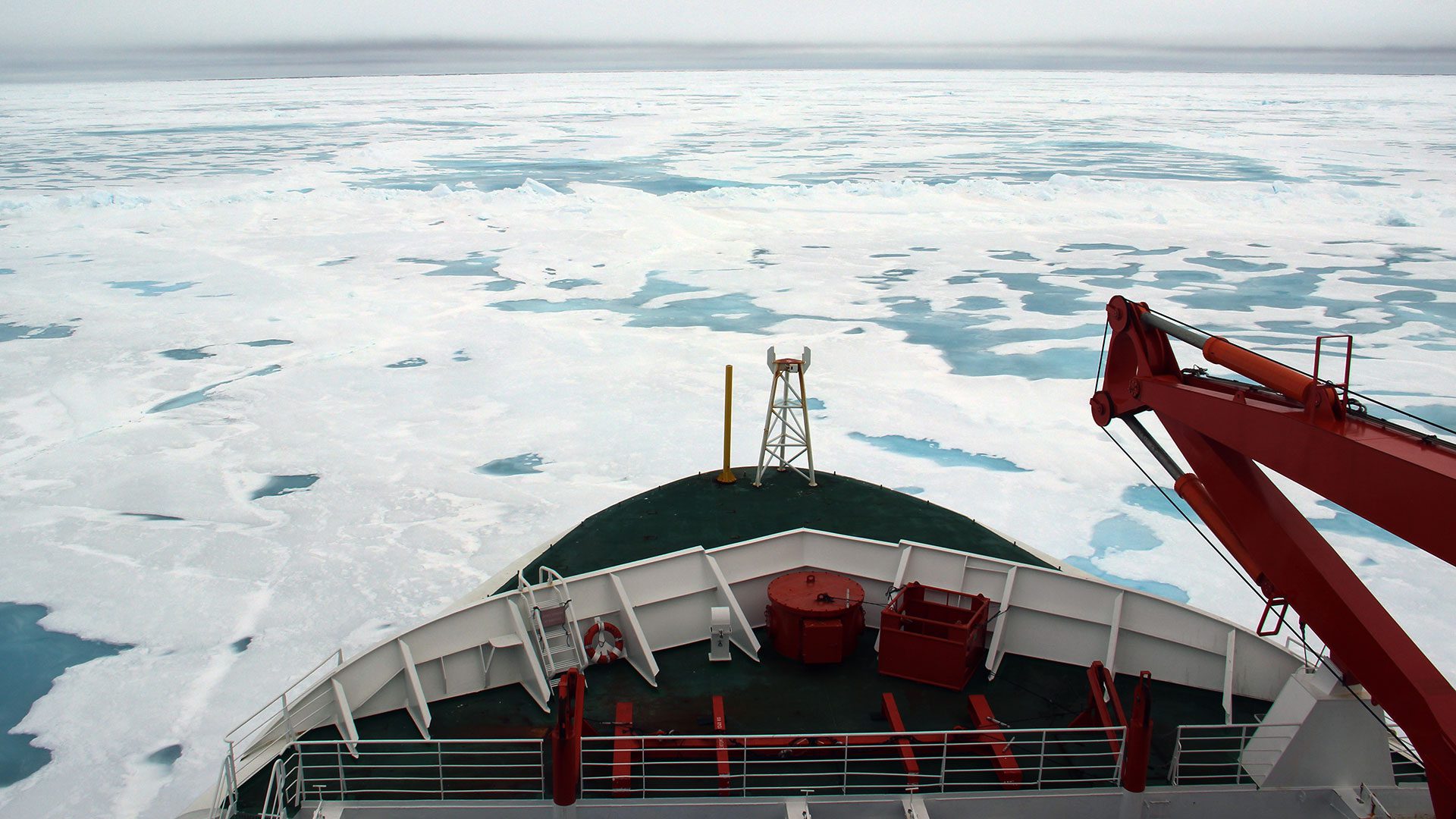Geology & Geophysics
Five new hydrothermal vents discovered in the eastern tropical Pacific Ocean
Ocean scientists discovered the new deep-sea hydrothermal vent sites on the seafloor at 2,550 meters (8366 feet, or 1.6 miles) depth.
Read MoreStudy says ice age could help predict oceans’ response to global warming
Woods Hole, MA – A team of scientists led by a Tulane University oceanographer and the Woods Hole Oceanographic Institution (WHOI) has found that deposits deep under the ocean floor…
Read MoreEvidence of Climate Change in the North Atlantic can be Seen in the Deep Ocean, Study Finds
Woods Hole, Mass. –Evidence of climate change in the North Atlantic during the last 1,000 years can be seen in the deep ocean, according to a newly published paper led…
Read MoreUnlocking the Earth’s time capsule
Mantle rocks and fluids from one of the final expeditions on the R/V JOIDES Resolution will provide insights into how Earth was formed—and maybe how life began—for generations of scientists
Read MoreScientists Discover Additional Healthy Deep-sea Coral Reefs and New Seamounts in the Galápagos
Stunning 800 meter-long coral reef discovered with Schmidt Ocean Institute’s underwater robot off Galápagos Islands Puerto Ayora, Ecuador– Scientists examining underwater cliff ecosystems onboard research vessel Falkor(too) using the 4,500…
Read MoreWoods Hole Oceanographic Institution’s Heather Benway Receives AGU Honor
Heather Benway, a senior research specialist at the Woods Hole Oceanographic Institution (WHOI) is the recipient of the 2023 Ocean Science Award from the American Geological Union (AGU).
Read MoreDigital Reefs: Enabling the Industrial Metaverse with MIT Technology Review
On June 12, 2023, Digital Reefs principal investigator Anne Cohen presented her vision for a technologically supported future of decision-making for coral reefs at “Enabling the Industrial Metaverse.” The live…
Read MoreIn a geologic triumph, scientists drill a window into Earth’s mantle
Paddling an angry, ancient ocean
If ancient Beringians got to the Americas by boat, it couldn’t have been easy
Read MoreCoral reef discovered in the Galápagos Marine Reserve with Alvin
In April 2023, scientists diving in the human-occupied submersible Alvin discovered extensive, ancient deep-sea coral reefs within the Galápagos Marine Reserve.
Read MoreScientists Aboard R/V Atlantis Discover Deep-Sea Coral Reefs in the Galápagos
Observations using the newly upgraded human-occupied vehicle Alvin are the first of a deep-water coral reef in the Galápagos Marine Reserve.
The reefs are located at depths between 400-600 m, atop previously unmapped seamounts.
Building Blocks of Life on the Atlantis Massif
An upcoming expedition aboard the US ocean drilling ship JOIDES Resolution co-led by Susan Q. Lang, a geochemist at WHOI and director NOSAMS Facility, will attempt to shed new light on the processes that likely helped jumpstart the formation of life early in Earth’s history.
Read MoreWhere Did Earth’s Water Come From? Not Melted Meteorites, According to Scientists
WHOI is part of a collaborative study, offering new insight into the extraterrestrial origins of our lakes, rivers and oceans
Read MoreDrilling Deeper Into Ocean Floor in Search for Origins of Life
Reconstructing the Bering Sea’s stormy past
Researchers help Bering Sea indigenous communities understand the past and plan for future
Read MoreThe Mystery of the Healthy Coral Reef
Coral Species That Withstand Ocean Warming Identified
Palau’s Rock Islands Harbor Heat-Resistant Corals
Marine Science Goes to Space
Palau’s Rock Islands Harbor Heat-resistant Corals
Scientists studying reefs in Palau have identified subgroups of a coral species that exhibit remarkable tolerance to the extreme heat associated with marine heatwaves
Read MoreThe predictive power of geochemistry
A WHOI researcher looks for changes in gas molecules to forecast volcanic eruptions such as Mauna Loa in Hawai’i.
Read MoreArctic Hydrothermal Vent Site Could Help in Search for Extraterrestrial Life
When scientists discovered a hydrothermal vent site in the Arctic Ocean’s Aurora hydrothermal system in 2014, they did not immediately realize just how exciting their discovery was.
Read More
